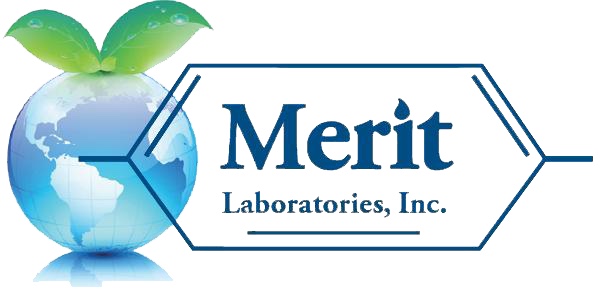The U.S. Environmental Protection Agency (EPA) finally validated EPA SW-846 Method 8327 for the analysis of PFAS using LC/MS/MS instrumentation for non-potable water. Sample matrices for EPA 8327 include surface water, groundwater water, and wastewater. The method evaluated 24 PFAS compounds.
U.S. Congressional Bill Introduced to Require Water Monitoring for PFAS Receives Hearing
The congressional bill recently introduced that would require the U.S. Geologic Survey to monitor for PFAS received a hearing on June 13th. The PFAS Detection Act, introduced in March, authorizes the U.S. Geologic Survey and the U.S. EPA to coordinate and develop PFAS testing standards. The bill requires that the USGS monitor for PFAS nationwide in water through a five-year, $45-million program.
Field Life Easier: Soil Gas Sample Collection with Merit Labs’ Helium Shroud
Soil gas sampling is easier with Merit Laboratories’ helium shroud. Working closely with our client’s field sample collection needs in mind, Merit developed a helium shroud that makes soil gas sampling more efficient, accurate, and reproducible. And don't worry about tools or calibration in the field. Merit’s helium shroud requires no tools or field calibration. The helium shroud's quick-connect ports are proven time savers in the field. We make it easier.
Michigan EGLE PFAS Map Tracker Confirms Growing Number of PFAS Contaminated Sites
Residents can now track the locations of PFAS sites in Michigan, which continues to grow. According to the most recent update to the PFAS Map Tracker from the Michigan EGLE (formerly MDEQ), the number of confirmed PFAS contaminated sites has grown to 52. The PFAS site map shows sites spread across Michigan.
EPA Issues Guidance for PFAS Groundwater Contamination with Draft Interim Recommendations
2019 Bioremediation Symposium Brings Together 700 Professionals from 28 Countries
Michigan Sets New PFAS Health Screening Levels for Drinking Water
Michigan to Establish PFAS Drinking Water MCLs
The MDEQ has been directed by the governor to begin the process of creating PFAS drinking water standards. The MDEQ will file a Request for Rulemaking to establish maximum contaminant levels (MCLs). As part of the governor’s direction, the Michigan PFAS Action Response Team (MPART) will form a science advisory workgroup to review health-based drinking water standards to support the rulemaking process and make recommendations by July 1.
Additional 16 Locations Added to the Michigan PFAS Task Force List of Sites with Confirmed PFOA and PFOS Detections
The list continues to grow. The Michigan PFAS Action Response Team’s (MPART) list of sites where the MDEQ has confirmed detections of PFOA and PFOS in groundwater has grown by another 16 sites. The list now includes the following sites.
Senate Legislation Keeps PFAS on track to be Designated as Hazardous Substances under Superfund
The United States Senate introduced legislation that would classify PFAS chemicals as hazardous substances under the Superfund (CERLCA/SARA). The legislation, if enacted, provides an enforcement and cost recovery tool for the U.S. EPA to track down polluters and hold them responsible for clean-up costs associated with PFAS contamination.













